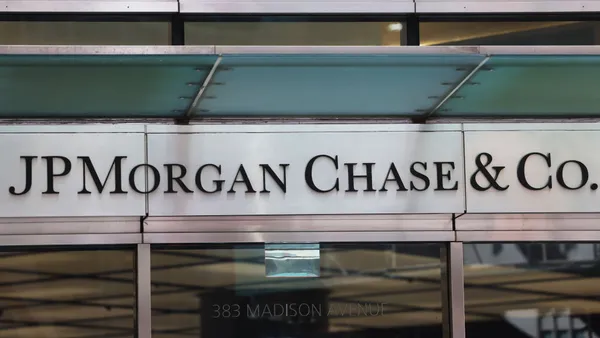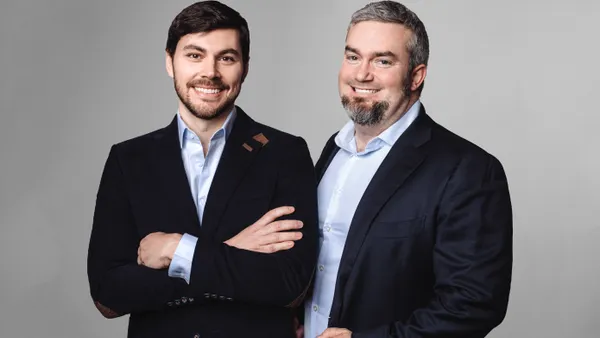Dive Brief:
- Alternative credit data has helped Upstart approve 27% more loans since late 2017, and the annual percentage rate (APR) on those loans, on average, is 16% lower, according to results the lender shared with the Consumer Financial Protection Bureau (CFPB). Testing of Upstart's creditworthiness model came in response to a no-action letter from the bureau, which posted the results in a blog post Tuesday.
- "Near prime" consumers with FICO scores between 620 and 660 were approved approximately twice as frequently using Upstart's model in comparison to the traditional model. A credit candidate's education and job history are among the alternative data Upstart uses to determine creditworthiness. Some credit reporting agencies use just a FICO score and the number of years someone has had credit.
- About 45 million Americans either have no credit history with a nationwide credit reporting agency, or have "stale" credit histories that may not produce an accurate score, the CFPB estimated. Those consumers may pay more for credit or may be denied it outright.
Dive Insight:
More competition and slighter profits have prompted lenders to increasingly embrace the idea of using alternative credit data. Advocates champion the model for its potential to expand credit's availability, but detractors have expressed concern as to whether it will help avoid fair-lending violations.
Further results of Upstart's tests showed applicants under age 25 were 32% more likely to be approved, while consumers making less than $50,000 a year were 13% more likely to be approved, according to the CFPB. But it wasn't just young and lower-income lenders whose access to credit expanded, Patrice Ficklin and Paul Watkins wrote in the blog post.
"This reported expansion of credit access reflected in the results provided occurs across all tested race, ethnicity, and sex segments," they wrote. "The approval rate and APR analysis results provided for minority, female, and 62 and older applicants show no disparities that require further fair lending analysis under the compliance plan." Watkins is the director of the CFPB's Office of Innovation. Ficklin is the bureau's assistant director of fair lending and equal opportunity.
Upstart is the only company that the CFPB has given a no-action letter. The practice is meant to "facilitate access to financial products and services that promise substantial benefit to consumers" and "reduce regulatory uncertainty" for those innovations, according to the bureau. The CFPB in December proposed removing the threat of legal liability for fintech firms, trade groups and others that test products benefiting consumers, according to American Banker.
But some state officials and consumer advocates have asked the bureau to reissue the policy as a formal rulemaking so the public can comment.












